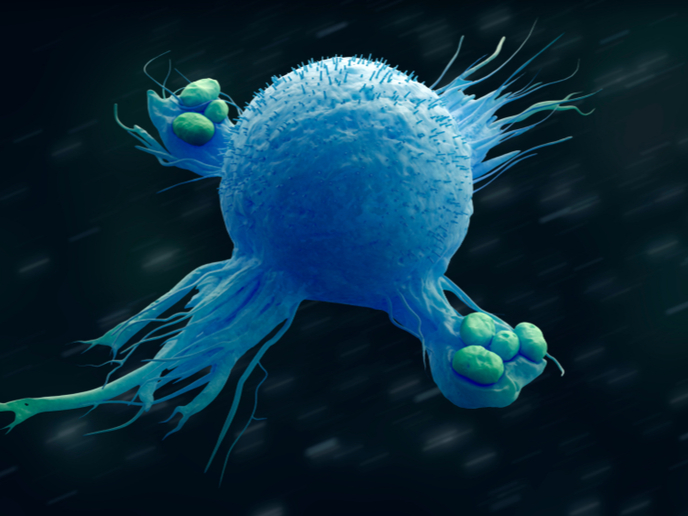Setting the stage for bioinformatics research
Recent years have seen researchers favouring the study of single nucleotide polymorphisms (SNPs) in genetics and genomics over tandem repeats. However, tandem repeats, acknowledged as a major cause of human disease, offer the opportunity to examine functional effects on gene expression and recombination. Field experts believe a return to their study is necessary for driving advances in related areas. 'Microsatellites and VNTRs: workshop on bioinformatics, genomics and functionality' (Microsat workshop) aimed to bring together European and international researchers to stimulate cooperation in functional genomics. Researchers participating in this EU-funded Specific Support Action (SSA) focus on microsatellite and variable number of tandem repeat (VNTR) markers in genetics and genomics. The SSA organised two week-long workshops in London and Hungary. Project partners set up seminars and practical training sessions covering bioinformatic analysis, genetic association analysis, genome browser use, functional genomics and the role of tandem repeats in human disease. The project also aimed to find ways of making it easier for small and medium-sized enterprises (SMEs) to exploit research findings. Participants comprised experts, researchers and SMEs from the international arena, including Europe, new Member States and developing countries. A major objective was to promote cooperation with new Member States — to be realised through the organisation of the Hungary workshop — with the goal of participation in future proposals for integrated projects. Another objective was to stimulate and facilitate SME participation in the research area. The Microsat workshop initiative acted under the life sciences, genomics and biotechnology for health (Lifescihealth) Thematic Priority 1 under the Focusing and Integrating Community Research programme 2002–2006. This aimed to promote and boost international cooperation in microsatellite research by helping scientists network with a view to creating a research consortium.







